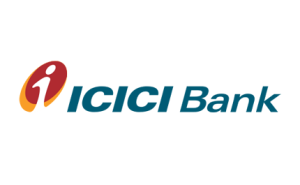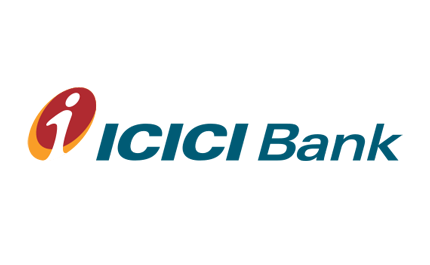ICICI Bank has successfully executed transactions in international trade finance and remittances using blockchain technology in partnership with Emirates NBD.
About ICICI :
ICICI Bank (Industrial Credit and Investment Corporation of India) is an Indian multinational banking and financial services company headquartered in Mumbai, Maharashtra, India, with its registered office in Vadodara.
- In 2014, it was the second largest bank in India in terms of assets and third in term of market capitalisation.
- It offers a wide range of banking products and financial services for corporate and retail customers through a variety of delivery channels and specialized subsidiaries in the areas of investment banking, life, non-life insurance, venture capital and asset management.
- The bank has a network of 4,450 branches and 13,995 ATMs in India, and has a presence in 19 countries including India. ICICI Bank is one of the Big Four banks of India, along with State Bank of India, Bank of Baroda and Punjab National Bank.
- The bank has subsidiaries in the United Kingdom and Canada; branches in United States, Singapore, Bahrain, Hong Kong, Sri Lanka, Qatar, Oman, Dubai International Finance Centre, China and South Africa; and representative offices in United Arab Emirates, Bangladesh, Malaysia and Indonesia. The company’s UK subsidiary has also established branches in Belgium and Germany.
About Blockchain Technology,
A blockchain is a public ledger of all Bitcoin transactions that have ever been executed. It is constantly growing as ‘completed’ blocks are added to it with a new set of recordings.
- The blocks are added to the blockchain in a linear, chronological order. Each node gets a copy of the blockchain, which gets downloaded automatically upon joining the Bitcoin network.
- The blockchain has complete information about the addresses and their balances right from the genesis block to the most recently completed block.
- The blockchain is seen as the main technological innovation of Bitcoin, since it stands as proof of all the transactions on the network. A block is the ‘current’ part of a blockchain which records some or all of the recent transactions, and once completed goes into the blockchain as permanent database.
- Each time a block gets completed, a new block is generated. There is a countless number of such blocks in the blockchain. To use conventional banking as an analogy, the blockchain is like a full history of banking transactions.
- Bitcoin transactions are entered chronologically in a blockchain just the way bank transactions are Blocks, meanwhile, are like individual bank statements.
- Based on the Bitcoin protocol, the blockchain database is shared by all nodes participating in a system. The full copy of the blockchain has records of every Bitcoin transaction ever executed. It can thus provide insight about facts like how much value belonged a particular address at any point in the past.
- The ever-growing size of the blockchain is considered by some to be a problem due to issues like storage and synchronization. On an average, every 10 minutes, a new block is appended to the block chain through mining.
About the Tie-up,
ICICI Bank is the first bank in the country and among the first few globally to exchange and authenticate remittance transaction messages as well as original international trade documents related to purchase order, invoice, shipping and insurance, among others, electronically on blockchain in real time.
- ICICI Bank executed these pilot transactions via its blockchain network with Emirates NBD on a custom-made blockchain application, co-created with EdgeVerve Systems, a wholly-owned subsidiary of Infosys.
- The pilot transaction was executed to showcase confirmation of import of shredded steel melting scrap by a Mumbai-based export-import firm from a Dubai-based supplier.
- With no manual intervention, the automated process allows courier of paper documents across countries and verification through trade intermediaries. The earlier process involved complex and lengthy paperwork with international shipping and courier. Among the pilot transactions was a confirmation of import of shredded steel melting scrap by a Mumbai-based export-import firm from a Dubai-based supplier.
- It is noted that overseas remittances for retail customers at lower costs are also possible with the new technology in real time. Currently, international remittances take a few hours to up to two days




